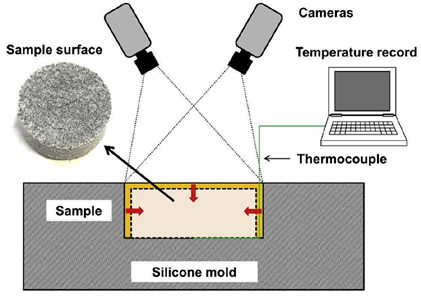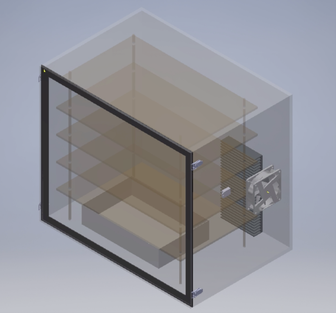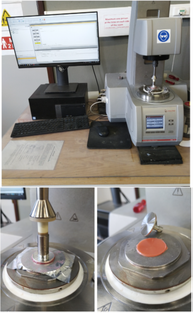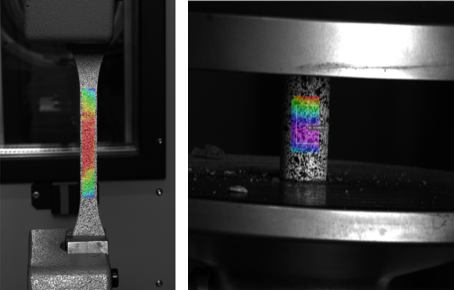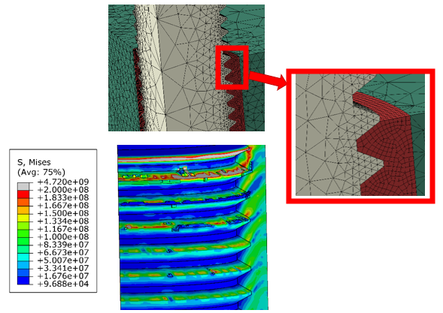Adhesives
Overview
Adhesives have been an integral part of many fields of engineering including automotive and aerospace. In civil and structural engineering adhesives have traditionally been less frequently used, among others due to the inherent conservatism of the field. However, in recent years the use of adhesives in structural engineering is gaining popularity ranging from strengthening applications (FRP on concrete), to post-installed anchorage as part of rehabilitations (adhesive anchors) to novel applications such as in bonding of structural glass and facades, e.g. to metals or to concrete.
Activities
Research activities include
- Early-age properties of thermoset structural adhesives;
- Chemical shrinkage of particle filled adhesives;
- Cure-dependent visco-elastic models for structural adhesives;
- Mode I and II fracture properties as function of curing state;
- Long-term hygro-thermal stability of adhesives;
- Rate-dependent damage-plasticity models for particle filled adhesives;
- Multi-physics computational framework;
- Ageing and compatibility of adhesives;
- Development of novel applications for structural adhesive bonds
Fig Chemical shrinkage supported by digital image correlation
Fig: long-term stability at controlled RH (salt solution) and T combinations
Fig: Innovative determination of cure-dependent storage and loss modulus using Anton-Paar Rheometer
Fig: tensile test on dogbone supported by DIC; uniaxial compressive tests
Fig: Abaqus tool-chain for multi-physics analysis of particle filled thermosets by the example of a post-installed adhesive anchor
